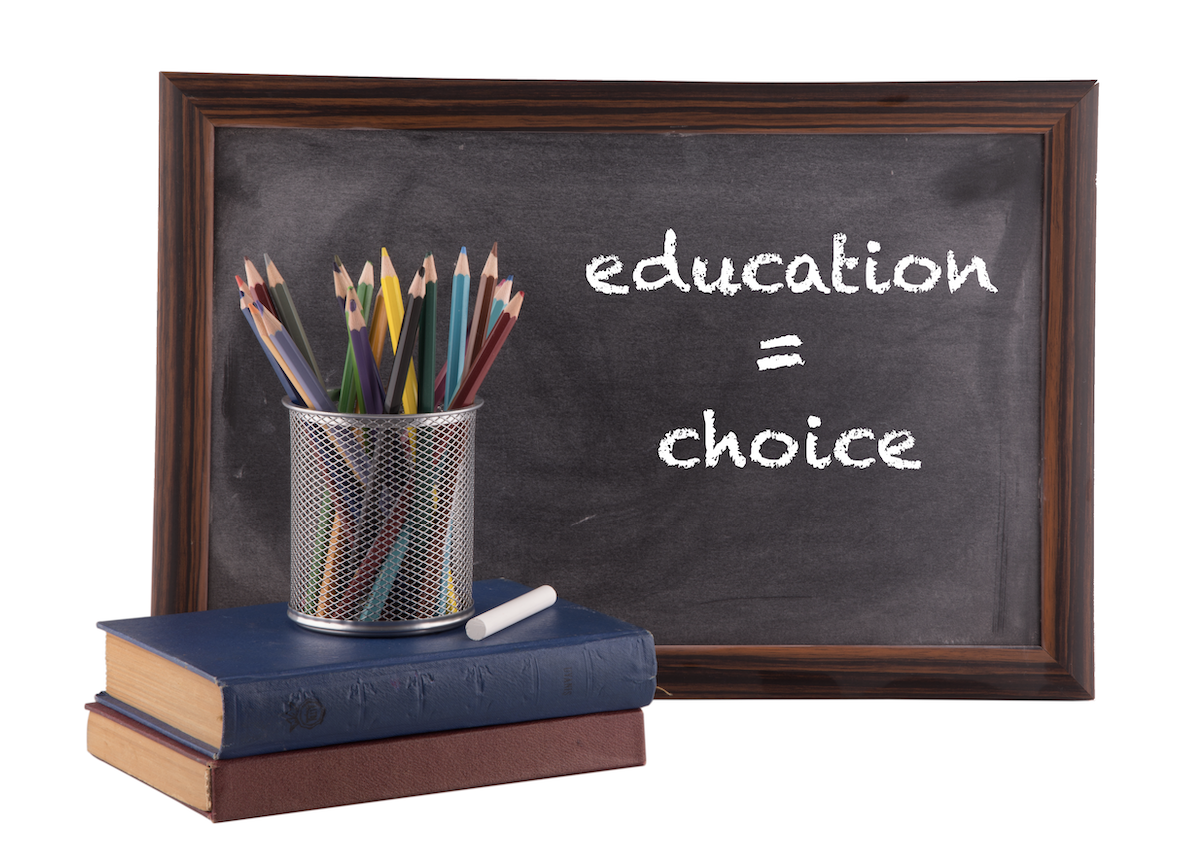A RealClear Opinion Research poll conducted on July 11 has revealed a significant increase in support for school choice across various demographics, including race and political affiliations, in the aftermath of the COVID-19 pandemic.
According to the survey results, an impressive 71% of registered voters now express their endorsement for school choice. This marks a substantial jump from the 2020 poll, where only 64% of respondents supported the concept.
The data further indicates a rise in support from Democrats, with 66% expressing their backing for school choice, up from 59%. Among racial groups, the poll found that 71% of Hispanic voters, 73% of Black voters, 71% of White voters, and 70% of Asian voters favor the concept.
The pollsters define school choice as the practice of allowing parents to use the tax dollars designated for their child’s education to send them to the public or private school that best serves their needs.
Tommy Schultz, CEO of the American Federation for Children, emphasized the enduring nature of school choice support, warning that politicians who ignore this reality do so at their own risk. He highlighted that parents have emerged as a potent interest group, and legislators would be wise to remain responsive to their needs. Schultz also expressed that the days of the traditional one-size-fits-all educational model are numbered, offering hope for countless students who require different approaches to thrive in their learning.
However, some entities oppose the notion of school choice, notably the Connecticut Education Association (CEA) and the American Federation of Teachers (AFT), both prominent teacher unions in the state. The former has taken a strong stance, even threatening legislators with unfavorable scores on their annual “legislative report card” if they support bills that alter the approval process for charter schools.
In the political arena, the CEA has also put pressure on candidates seeking endorsements, inquiring if they would oppose any funding that diverts resources from traditional public schools or expands charter schools to the detriment of public school students.
According to the CEA’s perspective, no public funds should be diverted to privately operated schools through public tax credits, vouchers, direct payments, or any other means.
AFT boss Randi Weingarten acknowledges that “public schools are not perfect, and every one doesn’t always work for every one of its students.” She characterizes school choice options like tuition vouchers, charter schools and tax credits as “polite cousins of segregation.” Weingarten firmly advocates for a single choice: whether the nation should strengthen and enhance its public schools or not.
In light of the poll, the critical question for lawmakers becomes whether they will prioritize securing endorsements from teacher unions or genuinely listen to the voices of the constituents who elected them. While unions provide significant support and resources, politicians must remain mindful of their duty to prioritize the needs of the people they serve.
Meanwhile, teacher unions should focus on improving the public education experience if they want to reverse the trend of increasing demand for school choice. When students, parents, and communities witness positive changes and improved educational outcomes in public schools, the need for alternative options may decrease significantly.

